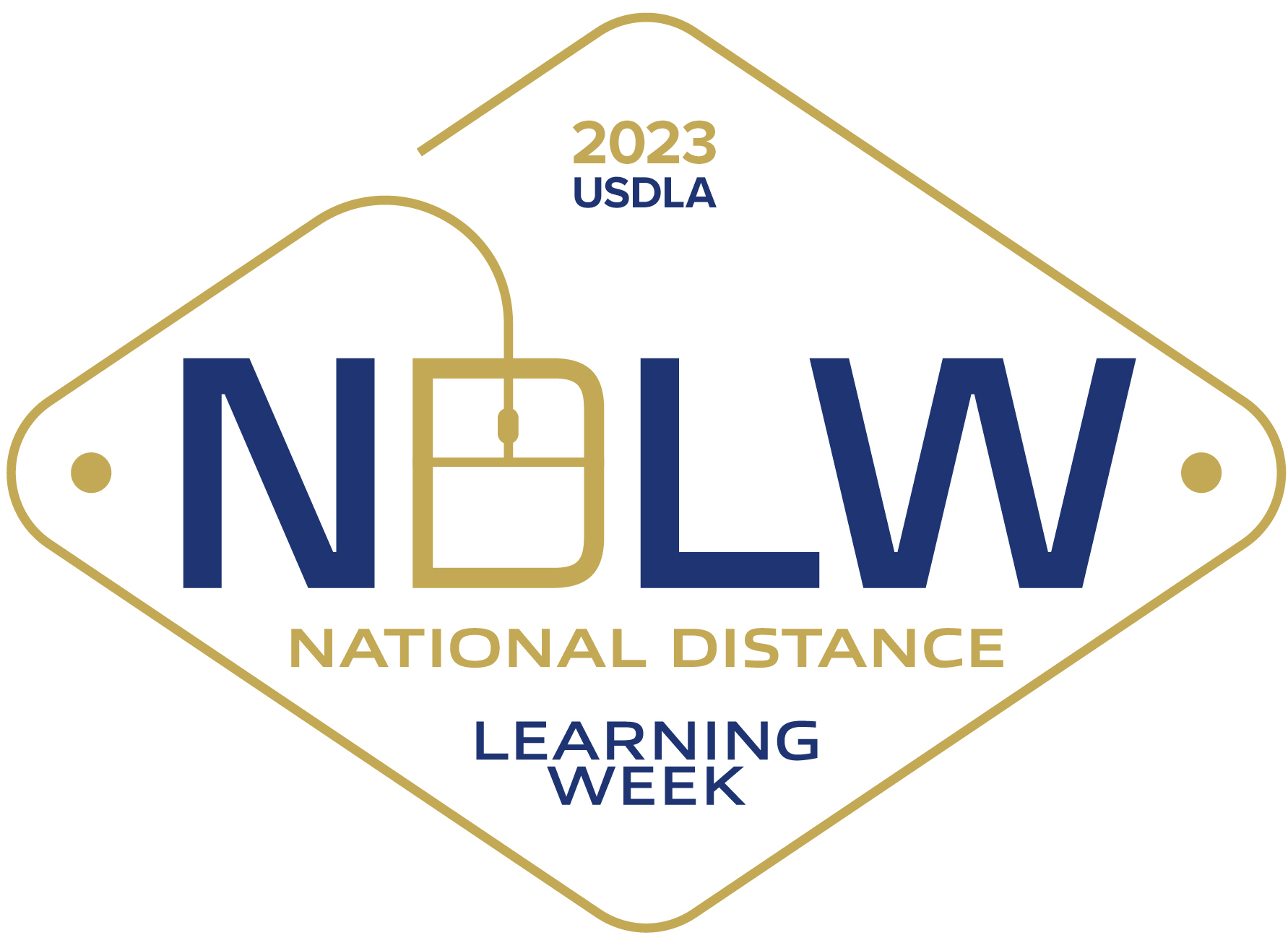11-11:50 a.m. | Saving the Humanities: The Case for Microcredentials
Several positions about the humanities exist: on one side is the defense of the humanities as a means of fostering liberal education, cultivating among students the beauty of mind and processes of critical inquiry.
On the other side is the defense of its uselessness and justification for declining enrollment across colleges and universities. Yet, businesses seek graduates with skills the humanities cultivate. Seeking to address the problem, the National Endowment for the Humanities offers grants that connect the humanities with key disciplines, including STEM. Similarly, Oberlin College launched an integrative concentration in business that interfaces with liberal education tradition.
McMaster University Business School makes humanities a requirement in its program to respond to the needs of businesses. These forms of intervention single out business degrees. Of course, not all students major in business.
Most students take humanities courses as elective or core courses. I propose an alternative intervention to save the humanities by aligning the humanities with specific microcredentials. Microcredentials are competency-based awards one gains by demonstrating the target competency. Microcredentials offer skills that are on demand, and they offer indicators of satisfaction of the skills. The humanities could serve as the framework for microcredentials (evidence of competence) in critical thinking, problem-solving, communication, tolerance of ambiguity, and ethical judgment. A specific course in the humanities, for example, literature, could offer students a micro credential in problem-solving. Accordingly, students enrolled in the course, literature majors or not, will gain concrete benefits—soft skills—they could use for employment beyond the credit hours. In so doing, taking the humanities will prepare students with the skills employers need while cultivating among students the beauty of mind and “broad sympathy”: “the knowledge of the world that was and is.” I will show how teaching literature, Shakespeare’s Hamlet, for example, could serve as a framework for a micro credential. In addition, I will offer a design for how to implement the framework and thereby offer a way to increase enrollment in the humanities and make the humanities attractive for post-graduate employment outcomes.
Presented by Jude Chudi Okpala












